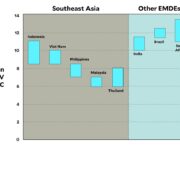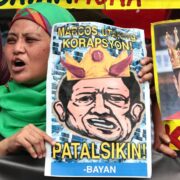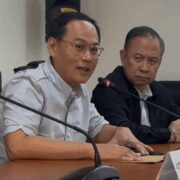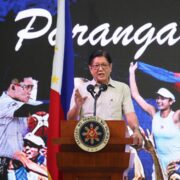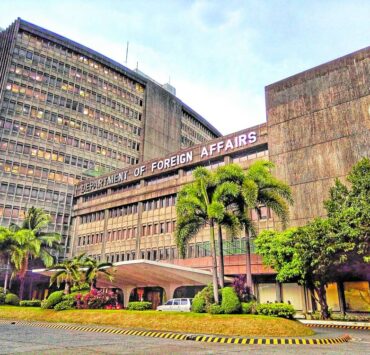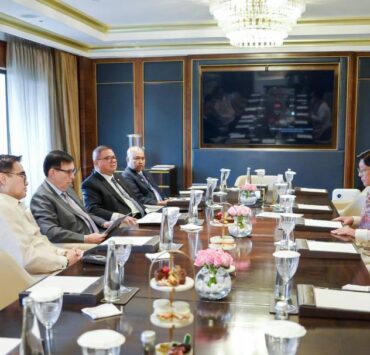Senate OKs open budget process
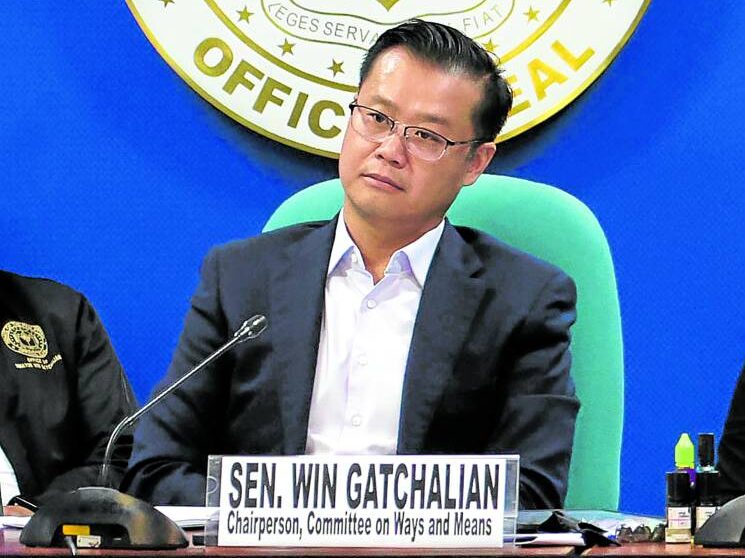
Senators unanimously signed and filed on Wednesday a resolution that seeks to strengthen the national budget process by institutionalizing strict transparency and accountability measures in Congress.
Sen. Sherwin Gatchalian said that Senate Concurrent Resolution No. 4 will ensure that “every peso is protected, properly spent, and aligned with the nation’s true priorities.”
The concurrent resolution mandates the uploading of all budget-related documents on the Senate and House websites—from budgets prepared by government agencies up to public hearings, as well as the bicameral conference until the final version of the General Appropriations Bill (GAB)—before submission to the President.
“This will be the ‘golden age of transparency and accountability.’ As finance committee chair, I will not allow any insertion [in] the budget. I will also make sure that we will be very strict when it comes to confidential funds,” Gatchalian said.
“Existing technological innovations now allow for centralized, accessible, and searchable platforms for budget data that are responsive to the principles of open government and digital governance,” he added. “Such transparency reform will enable an informed public to push for accountability on the use of public funds.”
Gatchalian observed that all budget-related documents are currently not easily accessible.
At present, only the National Expenditure Program (NEP), which is Malacañang’s proposed budget, and the General Appropriations Act, the final budget passed by Congress, are uploaded on the website of the Department of Budget and Management.
Formal accreditation
A resolution seeking to make budget deliberations more transparent by opening to third-party observers the bicameral conference committee meetings was also approved on Tuesday in the House of Representatives.
Under House Resolution No. 94, authored by Speaker Ferdinand Martin Romualdez and Tingog party list group, bona fide people’s organizations will be “formally accredited and invited to actively participate as official non-voting observers in the public deliberations of the House committee on appropriations and its sub-committees in the crafting of the national budget.”
In a press briefing on Monday, House appropriations committee Chair and Nueva Ecija Rep. Mikaela Angela Suansing suggested reforms in the budget deliberations process. These consisted of abolishing the so-called “small committee,” opening the bicameral conference committee meeting to public viewing, and allowing civil society organizations to observe the process and air grievances.
When he filed the resolution last month, Romualdez said it was aimed at giving people a chance to participate in the budget discussions amid calls for transparency.
Under the current budget process, the executive branch creates a budget plan for each fiscal year, contained in an NEP, which is submitted to the President for approval before it is forwarded to Congress.
The NEP is then referred to the House committee on appropriations for deliberations, where lawmakers can make adjustments as long as these do not exceed the ceiling set by the President.
Once the changes made by the House are incorporated into a bill, it becomes the GAB. After the House approves the GAB on third reading, it is sent to the Senate, which may propose amendments.
A bicameral conference committee is then convened to reconcile differences between the House and Senate versions. In the past, however, reporters were allowed only to cover the opening of the bicameral meetings, with the rest of the discussions held behind closed doors.
Calls for greater transparency came after Mr. Marcos, in his fourth State of the Nation Address, warned Congress he would not sign any proposed national budget that was not aligned with the administration’s programs.
According to Marcos, he is willing to have a reenacted budget if the GAB deviates largely from the NEP.
The President’s warning came amid concerns over the budget process, with funds for the country’s flood control projects believed to have been lost to corruption. Recently, Sen. Panfilo Lacson warned that half of the country’s almost P2 trillion funds from 2011 for flood control projects may have ended up in “some people’s pockets.”

